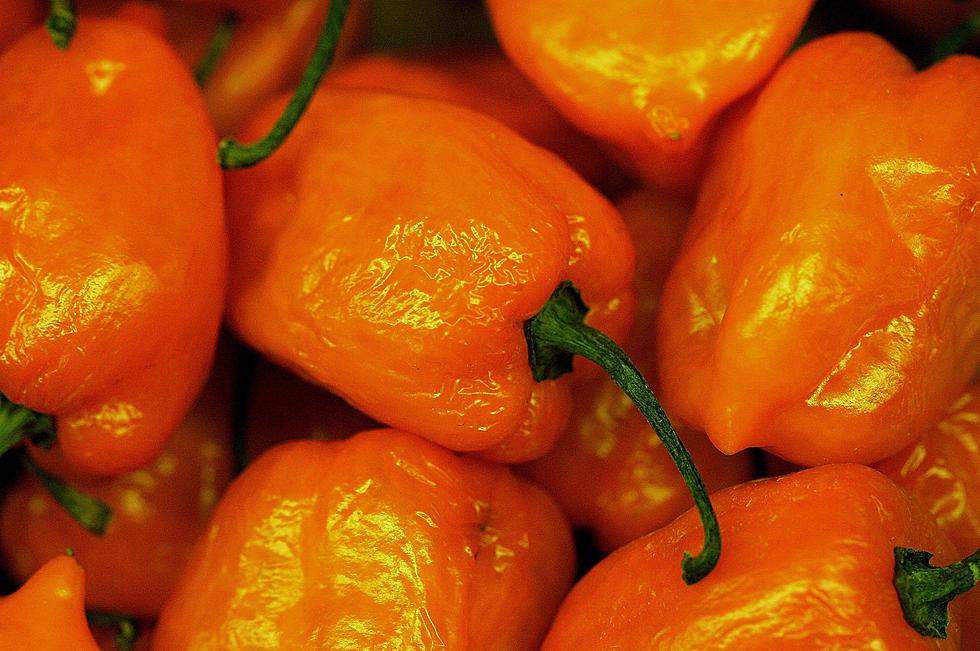
Rutgers aims to bring diverse crops to NJ’s diverse population
NEW BRUNSWICK — Researchers at Rutgers University, watching an explosion of non-white and immigrant populations in New Jersey, have been trying to figure out if the Garden State is fertile enough ground to give every section of our diverse population a taste of home.
So, if you've personally never heard of edible crops like roselle (not the borough) or tigernuts (not a nut), you might soon get the chance to try them.
"Our hope is that in another few years, some of these ethnic crops will actually become mainstream crops when people get to know how valuable they are, how useful they are," said Dr. Albert Ayeni, a Rutgers assistant professor who leads the Exotic Pepper Project at the university. His extensive CV describes him as an "agronomist, weed control specialist and ethnic crop research specialist."
Roselle, which is also known as sorrel or sour-sour, is rich in antioxidants, according to Ayeni. In Africa and the Caribbean, he said, its fruit and flowers are used in the preparation of tea and other beverages. In Asia, especially India, its lemony leaves are eaten like spinach.
But it's distinguishable from tropical spinach, or vegetable amaranth, which is another crop Rutgers is studying and which has potential to be a cheap substitute for regular spinach.
Okra — already more familiar to many in New Jersey, and commonly used in gumbo — has seeds that can be used to make coffee, Ayeni said.
Peppers, meanwhile, are widely known for their therapeutic value. Capsaicin, the chemical compound that gives chilis their heat, is available over-the-counter in ointment form as a pain reliever.
Ayeni said peppers from around the world are a major component of Rutgers' research, even as varieties such as habanero, poblano, shishito, and certainly jalapeno have already entered the mainstream in recent years.
However, if all these crops can be grown in New Jersey instead of being imported, people who originally come from areas where they're more common, or their families, will be able to enjoy them as fresh as possible.
He cited U.S. Census data showing the state's non-white population had grown from 20 to 35 percent over just the last few decades. He noted large Asian and African populations in Middlesex County, in particular — "and a lot of people would like to have a taste of something new that they haven't tasted before."
So though Ayeni and his team will first look to serve populations looking for a taste of home, it might not be long before you find the chewy, gluten-free and oil-rich tigernut alongside other tubers in the supermarket.
"Those who come to New Jersey, we want them to be able to have access to some of these ethnic crops that they love in their homes," Ayeni said.

More From Townsquare Media:




